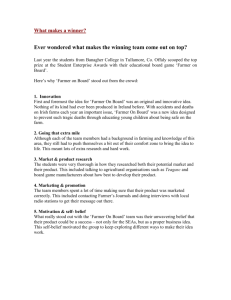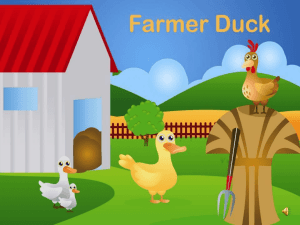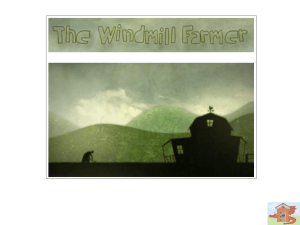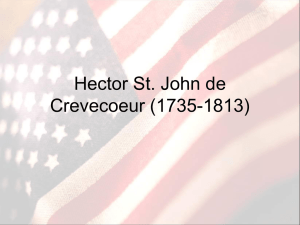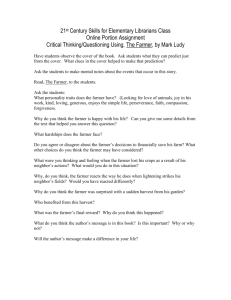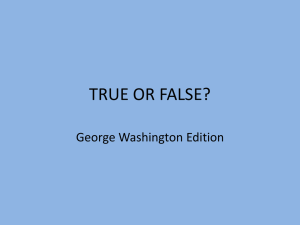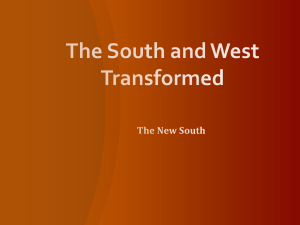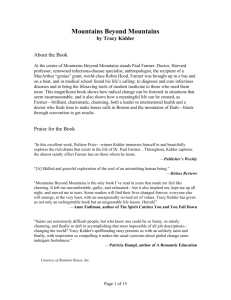Quotes and Questions for IWU's Mountains Beyond Mountains
advertisement
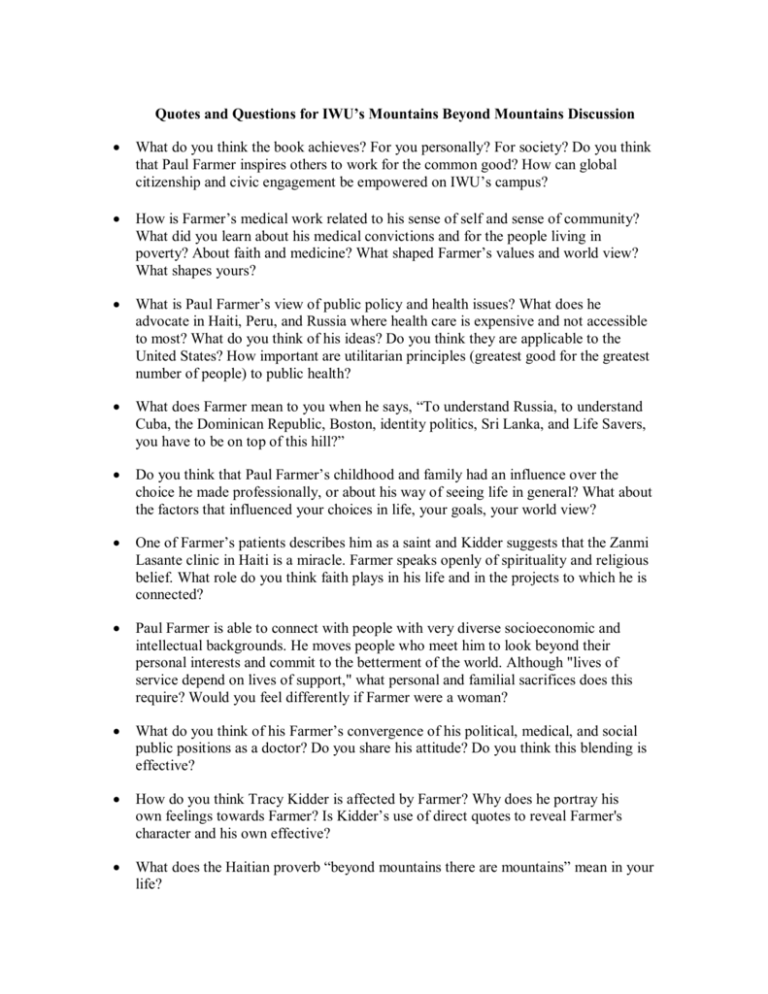
Quotes and Questions for IWU’s Mountains Beyond Mountains Discussion · What do you think the book achieves? For you personally? For society? Do you think that Paul Farmer inspires others to work for the common good? How can global citizenship and civic engagement be empowered on IWU’s campus? · How is Farmer’s medical work related to his sense of self and sense of community? What did you learn about his medical convictions and for the people living in poverty? About faith and medicine? What shaped Farmer’s values and world view? What shapes yours? · What is Paul Farmer’s view of public policy and health issues? What does he advocate in Haiti, Peru, and Russia where health care is expensive and not accessible to most? What do you think of his ideas? Do you think they are applicable to the United States? How important are utilitarian principles (greatest good for the greatest number of people) to public health? · What does Farmer mean to you when he says, “To understand Russia, to understand Cuba, the Dominican Republic, Boston, identity politics, Sri Lanka, and Life Savers, you have to be on top of this hill?” · Do you think that Paul Farmer’s childhood and family had an influence over the choice he made professionally, or about his way of seeing life in general? What about the factors that influenced your choices in life, your goals, your world view? · One of Farmer’s patients describes him as a saint and Kidder suggests that the Zanmi Lasante clinic in Haiti is a miracle. Farmer speaks openly of spirituality and religious belief. What role do you think faith plays in his life and in the projects to which he is connected? · Paul Farmer is able to connect with people with very diverse socioeconomic and intellectual backgrounds. He moves people who meet him to look beyond their personal interests and commit to the betterment of the world. Although "lives of service depend on lives of support," what personal and familial sacrifices does this require? Would you feel differently if Farmer were a woman? · What do you think of his Farmer’s convergence of his political, medical, and social public positions as a doctor? Do you share his attitude? Do you think this blending is effective? · How do you think Tracy Kidder is affected by Farmer? Why does he portray his own feelings towards Farmer? Is Kidder’s use of direct quotes to reveal Farmer's character and his own effective? · What does the Haitian proverb “beyond mountains there are mountains” mean in your life? · Discuss the implications for “a minor error in one setting of power and privilege could have an enormous impact on the poor in another” (p. 78) by exploring the impact of the eradication of the Creole pig and the building of the Peligre dam had on Haiti. · The sister of a pregnant Haitian woman with malaria stated, “You can’t even get a blood transfusion if you’re poor…we’re all human beings” (p. 80). What does that statement mean to you? · What does Farmer’s philospophy of “the only real nation is humanity” mean to you? · Farmer says, “Clean water and health care and schools and food and tin roofs and cement floors, all of these things should constitute a set of basics that people must have as birthrights (p. 91). Do you agree? · Do you agree with Margaret Mead's statement, “never underestimate the ability of a small group of committed individuals to change the world”? · How is Haiti "covered with the fingerprints…of France and the United States?" (p. 73) In what ways are wealthy countries responsible for the poverty of other countries? · Farmer believes we should give more of the world's wealth to the poor: the O for the P (the central imperative of liberation theology). Do you agree with the idea that we should have a preferential option for the poor? · How do MDR­TB and AIDS threaten the health of the world? What role does Farmer take in trying to make countries more involved with the treatment of patients, prisoners and poor people? · Consider issues of social justice that are closer to home: Would Farmer’s efforts be more appropriately directed to public health projects in poor communities in the United States? Engage in a discussion of basic rights (political, civic, social, human) and distribution of public health resources (nutrition, transportation, housing, pest control, sanitation, medicine). Additional resources available at: http://www2.iwu.edu/advising/2007_SummerReading.shtml www.macalester.edu/macreads/mountains/discussion.html www.sju.edu/tisju/mbm/resource_guide3.html www.luc.edu/seminar/questions.shtml
